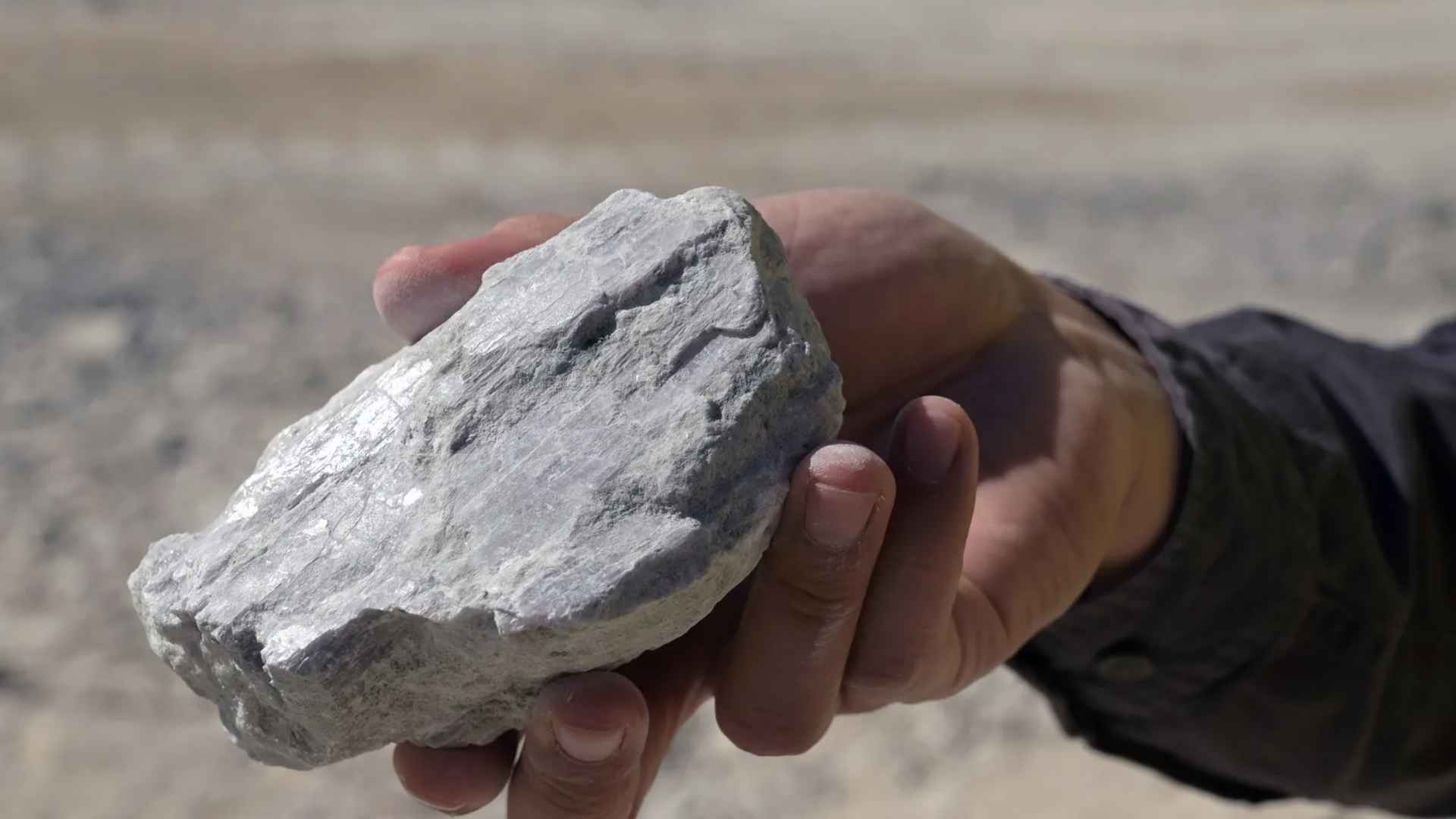New findings in the Smackover Formation could jump‑start domestic battery supply chains and cut U.S. dependence on imported minerals.
Southwestern Arkansas might soon sit at the heart of America’s clean‑tech future. Geologists estimate that brine trapped thousands of feet below the Smackover Formation contains up to 19 million tons of lithium—enough to power millions of electric vehicles and, perhaps, reshape the battery industry’s map.
Advanced brine testing reveals massive lithium reserves beneath southwestern Arkansas plains
Researchers blended water‑sample data with predictive modeling to pinpoint the deposit, then verified their numbers by pumping brine through deep exploration wells. “The potential to replace imports is huge for jobs and supply‑chain resilience,” explained David Applegate of the U.S. Geological Survey. Hydrologist Katherine Knierim added that existing oil‑and‑gas infrastructure can be repurposed, trimming start‑up costs. Pretty convenient, right?
Instead of waiting months for brine to evaporate in open ponds, direct lithium extraction (DLE) passes the fluid through specialized filters that snatch lithium ions in minutes. Scientists like the process because most water can be reinjected underground, reducing surface disturbance. Still, equipment prices remain steep, and brine chemistry varies between wells—issues engineers must tackle before commercial scale‑up.
Local leaders weigh economic windfall against environmental safeguards for water systems
County officials anticipate new roles for drill operators, lab techs, and truck drivers, while universities prepare geology graduates for local careers. Yet residents want clear rules to protect aquifers and wetlands. Who wouldn’t?
| Opportunity | Possible concern |
|---|---|
| Hundreds of high‑skill jobs | Brine leaks contaminating groundwater |
| Road and facility upgrades | Noise and traffic near drill sites |
| Stronger tax base for schools | Need for continuous ecological monitoring |
Community meetings this summer will shape oversight plans, balancing growth with stewardship.
Discovery reshapes national strategy to cut reliance on imported battery minerals
Today, most lithium refining happens in China. A domestic source could slash shipping emissions, stabilize prices, and entice battery plants to build closer to auto factories in the Southeast. Exxon Mobil’s Low Carbon Solutions unit and several start‑ups are already crunching cost projections. So, what’s next? If pilot projects hit their stride, Arkansas could set nationwide benchmarks for responsible DLE operations as early as 2028.
The Smackover find offers a timely boost for American energy security—but only if technology, regulation, and community interests stay aligned. Watch for updated feasibility studies this fall and public

